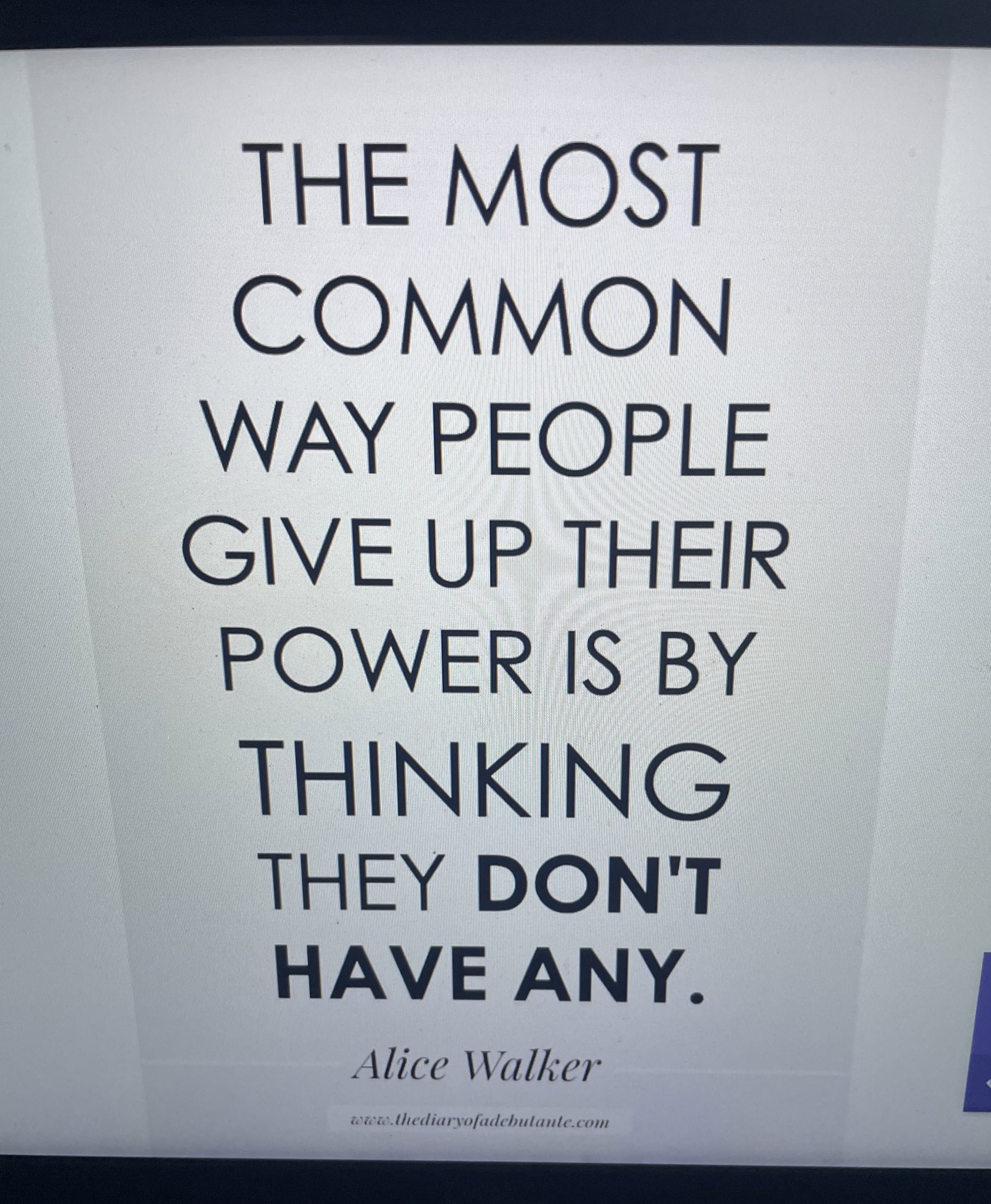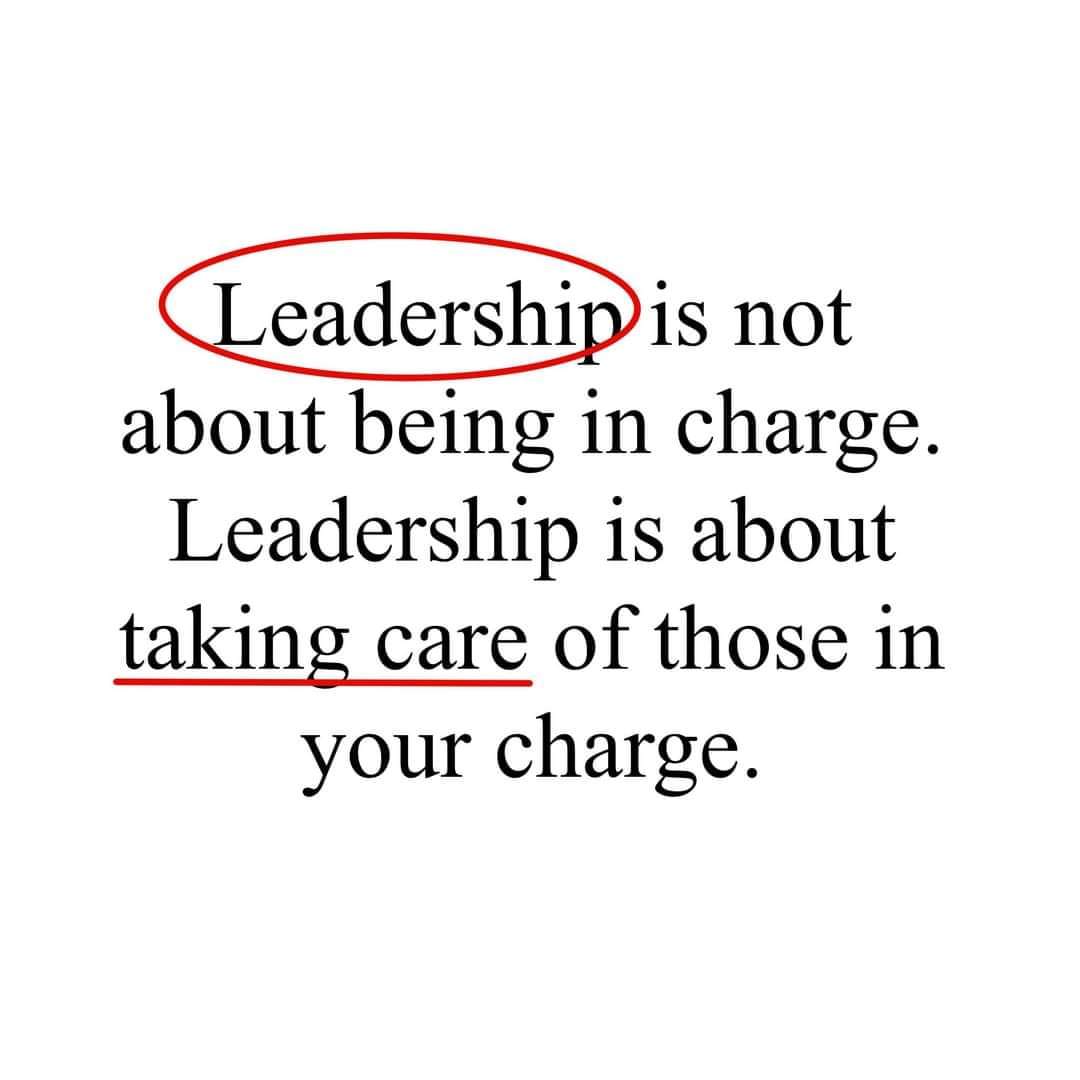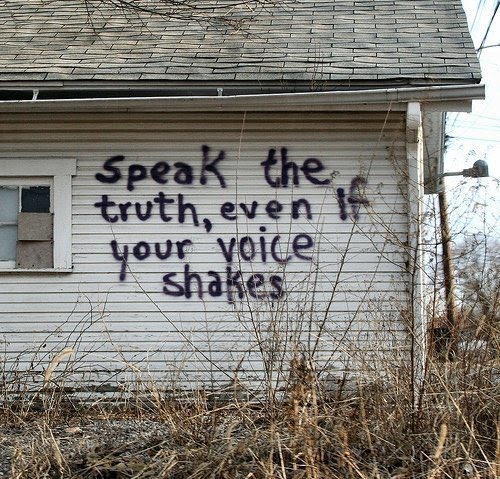Over the last few years there have been a number of, well let’s be kind and call them learning moments, for me about how life works. I guess I’ve spent my life being pretty naive and thinking that if my evidence was good that was all that was needed to win people over or for my version of ‘good decisions’ to be made. The transition from that to knowing that a lot of decisions are not made due to evidence but due to scenario, relationships and people has been harder than I can properly describe before cocktails. Recent events, including some of the Infection Prevention kickback on social media, has led me to take this post out of my drafts section and forced me to finish it.

My hope is that by putting this out there others will be more prepared than I was for some of the conversations they will inevitably have as leaders down the line.
Know your remit
Just before Christmas last year I walked into a room as ‘the expert’ thinking that my expertise would lead to the outcome which I had deemed to be the most sensible. Worse than that, I hadn’t considered my role in that room before I stepped into it. Usually when I’m in a room I’m there to make decisions, it’s what I spend most of my day doing. My upset therefore when the information I presented was heard but my recommendation was not acted upon was pretty visceral, this was high stakes stuff after all. I hadn’t spent enough time considering my remit before I went in. My remit in that room was as an advisor, it wasn’t as a decision maker. Therefore I had set myself up to fail. I needed to set my success criteria (more on this later) linked to my presentation of information, not about the decision itself.
That day was an object lesson in being an expert in one piece of the puzzle, but not being able to access the whole picture. Not because I hadn’t done my research but because often as advisors and not decision makers in a space we are not given the full picture to understand how the decision is actually being made. This can leave someone, like me, who works based on evidence base and data, feeling lost when a decision is made that appears to contraindicate what we’ve put forward. I find it especially challenging as often I am in the room as a decision maker, and the switch in remit from one to another is not always well defined. Trying to understand what role you are occupying before you enter a space is therefore key to both the outcome and your mental wellbeing.
Sometimes you also need to understand where your remit of influence lies. Something may be happening you don’t agree with but it is not within your remit of influence to change. Knowing when this is the case and acknowledging it means that you are more likely to be able to find a way forward. Can you offer a support role? Is it something that is right for you to be involved with, or do you not have insight or expertise in that area? In which case do you need to upskill or acknowledge your involvement might be unhelpful? If we wade in without being prepared we can make situations worse for those that are actually impacted.

Collect your evidence
Having said that having evidence and information will not always change the outcome it must be acknowledged that without it you have probably lost the battle before even entering the room.
Why is this? Well without information what you are doing is appealing to emotion. This may be a good thing in politics but is unlikely to be a successful approach when you are in a position to influence due to your expertise. Hearts and minds is an important moto for change but the foundation needs to be solid. It could just be the scientist in me, but I want to enter a situation with as much information as I can access to hand so I can flex my argument and respond to challenge and come back with data.
Another thing is that by going in with information you set the expectation that you anticipate data and evidence in response. This can help in situations where you expect to be fobbed off. It can also help in emotive situations, where instead of adding fuel to the fire you are removing the judgement/emotion and presenting just the information to respond to. It can also give a way out to both sides in terms of changing their position. It is a sign of good leadership to acknowledge new information and react to it. Remember this goes both ways however, and so we should also not use evidence that is sub-selected to maintain a dogmatic argument.

Talk to your stakeholders
A key part of gathering your evidence and sense checking your argument is talking to people who are involved. This is important for a number if reasons:
- Understand the landscape the decision is being made within
- Understand the drivers of the key decision makers, this will help you understand whether the decision is within your sphere of influence
- Understand the impacts of the decision, particularly on those you are engaging with
- Help you to identify evidence gaps or other holes in your thinking
- Help you to identify the potential consequences of speaking up for you and others
Its important when speaking to stakeholders that you speak not just to people who are likely to think the same way as you, this way leads to group think. You need to try and speak to people who are likely to disagree with your position, people who have a more strategic view of the landscape who may be able to tell you what you’re missing, and people who are likely to have influence in the room. The last are particularly key in terms of preparation as you are removing some of the unknowns. Best case, you may win over a decision maker so you know that they will support you, worst case you’ll be able to prepare for what streams of thought they might introduce during discussions.
The most important thing here is that if you are representing others as a leader, that you have spoken to those you represent enough to make sure that you are genuinely reflecting their position and thoughts within the room, not just your own.

Practice your argument
I can’t emphaise this one enough. If you are going into a high stakes meeting you need to practice your argument, preferably with others beforehand. To me there are a few reasons for this:
- Identify flaws in your chain of thoughts, or weaknesses that you can address
- Work through any emotion linked to what is about to happen before you get into the space
- Find the rhythm of what you are going to say, who you will look at when, how you will evaluate how your argument is landing and flex if necessary
These situations are often emotionally charged and for the sake of the outcomes you can rarely let that emotion, be it fear or upset, show. These need to be adult – adult conversations, as the situations are often complex. I found the infographic below, which is aimed at having difficult situations with family, but I think a lot of the questions can help formulate thinking around any difficult/high stakes conversation. Things like starting out by finding common ground are so important, people are much more likely to negotiate once you’ve established similarity. Therefore, practicing structure and order, as well as content, can make all the difference.

Pick the right when and why
No one wants to be the girl who cries wolf, who constantly involves themselves in issues that don’t involve them and become perceived as a meddler, or worse than that…..a drama queen *gasp*. At the same time there are things that you do have to stand up and speak up for, be that for your team, your patients or yourself. Knowing when and why to speak up is therefore key.
Let’s start with the why. Well firstly we’ve covered remit, is it something you have the facts and information about in order to appropriately escalate? Ideally, is this somewhere within your sphere of influence? If not you may be better placed in a support role whilst someone who fulfils the above does the speaking out. There’s also something here about authentic leadership and living your values. It’s not enough to say what your values are but you have to live them and follow through. When these three things align then it is definitely time to act.
The when can be more challenging as there are multiple ways this can play out:
- Formal meetings
- Informal meetings
- 1:1 discussions
- Public vs private
The right when/where can depend. Challenging bullying behaviour for instance may be best done in the moment but there are times when it might be better to pull the individual to one side to have a private 1:1 first. Some of this depends on what your success criteria look like and so you may not know initially until you’ve decide what it is you are trying to achieve.

Know your success criteria
This is one of those things I should have thought about more before going into the meeting discussed at the start of this post. Success criteria have to somewhat depend on your level of influence and decision making in any situation. In that case I had some influence and no decision making remit, the best I could hope for was to influence the discussion. Therefore basing my mental wellbeing on the outcome was foolish, as I had limited capacity to change the outcome. My success criteria should have been to go in and clearly define the scenario and give my recommendations as eloquently as possible. Then I would have left the room less disillusioned and questioning my role.
Success criteria can look like all kinds of things, depending on the situation:
- Influence the decision
- Achieve an outcome
- Shine a light
- Escalate to a more appropriate/different group
- Demonstrate support
- Achieve a change
- Identify support/supporters
Knowing what you are trying to achieve is a key part of developing a strategy and being able to prepare properly. Sometimes we can only achieve a statement of ‘this is not right’, other times you may be able to change an outcome. It is best to be realistic about what the best case scenario actually looks like and aim for that, rather than aiming for something unrealistic and achieving nothing.

Be prepared to pay the piper
#realtalk all of this comes will come with a cost. No one likes the person who is disruptive and speaks out, at least not in my experience. They may respect you for it, but they won’t like you. There have been times when I have sat down and had serious conversations with myself about whether I am prepared to live with the consequences. I’m usually more sure of myself when I’m advocating for others rather than for myself, as that usually aligns so strongly with my values. The times I’ve had to step up and advocate for myself have been both hard and terrifying. When I have conversations with people about advocating for others, I tell them I see it as part of the job. I am here as a leader, I am here to represent my workforce, I am paid to quite literally ‘take one for the team’ on occasion. If I then have to manage the fact that I am not always well liked for giving a voice to others that is a price I decided I was willing to pay before I took the job. If I ever feel like I don’t have it in me to pay that price then that is the time I need to reconsider whether I can fulfil the job role that I am in. The role is too important to not do it well, to not step up and advocate for others. If you can’t stand the heat then it’s time to get out of the kitchen.

Be bold, be brave
So here is the truth of the matter, speaking up requires you to be brave and be bold. It requires you to put your head above the parapet for the benefit of others, even if it comes at a personal cost to you. It’s worth it because you are living your values, it’s worth it because you are advocating for change and for the benefit of others. No matter the cost to you the impact you will have will out way it. It’s in these moments we know who we really are, especially when we fail. That said, all of it can be easier if you do the work beforehand to understand what you advocating for, so you have the data to back your arguments and to ensure that you are the right person to be in the room waving the flag. We are all much braver than we think and we are many, so reach out to those who will you hold you up and support you in speaking out for those that don’t have a voice without you.

All opinions in this blog are my own

[…] guidance to stand behind, it was about personal advocation and decision making. I wrote a blog post that really helped me work through some of my thinking and learning on this and it did really help […]
LikeLike
[…] previously posted about the inevitability of not being liked by everyone, and the challenges of speaking truth to power. The thing that’s unique about becoming the Big Bad I Said No is that it can be a […]
LikeLike
[…] have reached a position of some privilege I want to also ensure I own that position and continue to speak my truth, even if that comes with risk or discomfort, for the benefit of others. I want, when needed, to […]
LikeLike